ANTD.VN - In addition to objective market difficulties, Vietnamese fertilizer enterprises are also suffering from other disadvantages from the fertilizer value-added tax (VAT) policy.
For the first time since 2008, Binh Dien Fertilizer recorded negative revenue and losses in the first quarter of 2023. Two Petroleum Fertilizer enterprises, Phu My and Ca Mau, recorded a sharp decrease in revenue and profit compared to the first quarter of 2022. Specifically, the after-tax and consolidated profit of Ca Mau Fertilizer's parent company decreased by more than 84%; Phu My Fertilizer's pre-tax profit is also estimated to decrease by 88% compared to the same period last year...
The above production and business results clearly reflect the difficult and challenging picture of the fertilizer industry in the recent period. After a period of record high fertilizer prices, since the end of 2022 until now, prices have continuously decreased and are decreasing very deeply. In addition, due to low demand, difficult consumption; high inventory; increasingly fierce competition with foreign fertilizers... causing domestic fertilizer enterprises to strain to find solutions to overcome.
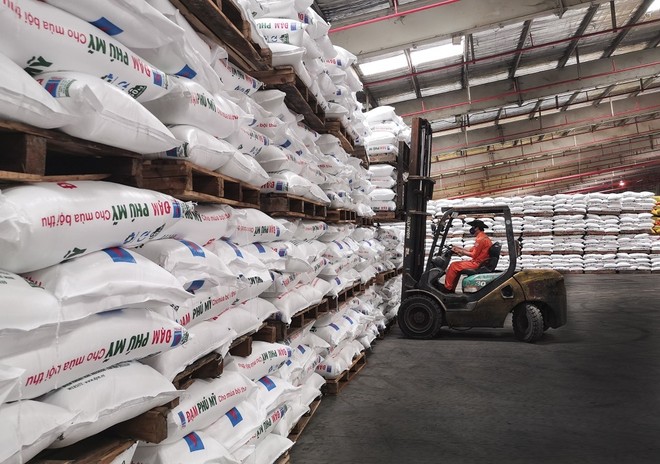 |
Thanks to careful preparation and implementation of flexible management and operation solutions from production to business organization, Phu My Fertilizer has somewhat limited adverse impacts. |
Not to mention, the slow recovery of the world economy with tight monetary policies in many countries has reduced consumer demand of major trading partners, thereby affecting Vietnam's import and export turnover.
But it must also be affirmed that these are difficulties of the capital market that have been predicted by the units; typically, with Phu My Fertilizer, Ca Mau has made careful preparations, implemented flexible management and operation solutions from production to business organization, thereby limiting some adverse impacts, achieving certain results in the first quarter of 2023, although some targets were not achieved as assigned by the Group.
However, in addition to the objective difficulties of the market, domestic fertilizer enterprises are also suffering from other difficulties and disadvantages from the fertilizer VAT policy in Tax Law 71 and DAP Self-Defense Tax.
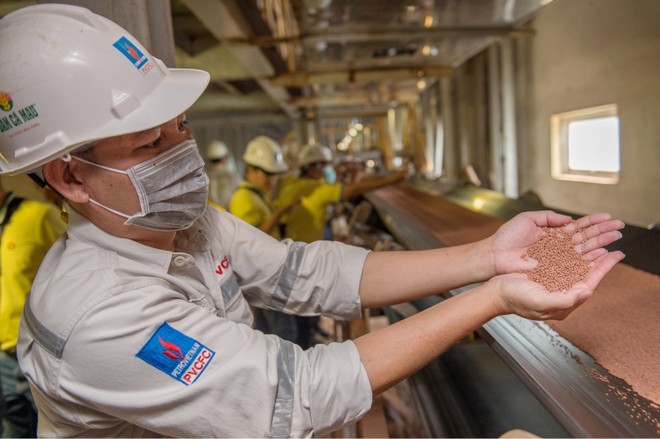 |
Vietnamese fertilizer industry in trouble due to "double impact" |
Tax Law 71 stipulates that fertilizer is not subject to VAT, causing not only fertilizer enterprises to suffer losses because all input VAT is not deducted annually, but also agriculture and farmers to be affected because they have to buy fertilizer at a price 5-8% higher because enterprises have to account for a portion of the non-deductible tax in production costs.
It is estimated that with the scale of the fertilizer industry of over 100,000 billion VND per year, with the non-deductible VAT at 5%, businesses in the fertilizer industry have to bear 3,000-4,000 billion VND per year. This is a very large number when considering the after-tax profits of fertilizer manufacturing businesses in the past many years on average.
In 2023, Ca Mau Fertilizer aims to develop on the basis of flexible production and business operations, timely risk management, control, and mitigation of damage from negative impacts, price fluctuations, output, market demand, etc., taking advantage of opportunities and room for growth.
More seriously, the current tax policy makes Vietnamese fertilizers lose at home because they do not have a competitive advantage over imported fertilizers. According to statistics from the General Department of Customs, the amount of imported fertilizers of all kinds into Vietnam, especially urea, has increased about 3 times and this number has continuously increased in recent years.
Part of the reason is that they benefit from the reduction of import tax in Vietnam according to the commitment of free trade agreements (FTA), foreign enterprises have conditions to lower fertilizer prices to compete with domestic fertilizers. Reality has shown that fertilizer production enterprises in the region, including enterprises using outdated technology, are all supported to enter the Vietnamese market, causing domestic enterprises to struggle due to competitive pressure.
In addition, from September 2022, the Self-Defense Tax on DAP will no longer be effective. According to statistics, in just 4 months after that, the amount of DAP fertilizer imported into our country doubled compared to the previous 8 months of 2022. This is also creating great competitive pressure on the domestic fertilizer industry, causing DAP inventories to increase significantly. Therefore, the units have proposed to the Government and the Ministry of Industry and Trade to continue applying this DAP defense tax...
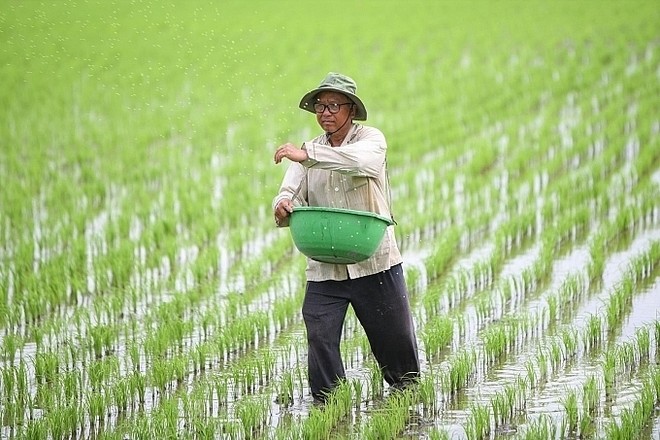 |
Farmers and agriculture will benefit when fertilizers are subject to VAT at a rate of 0-5% (Illustration: Trung Chanh) |
It can be seen that in the current context, domestic fertilizer enterprises are suffering from a "double impact" when they are trying to overcome market disadvantages while also having to bear losses and consequences from inappropriate tax policies.
Therefore, fertilizer units continue to make recommendations to competent authorities to soon amend the provisions of Tax Law 71, including fertilizers as subjects of VAT with the hope of creating a fair and equal competitive environment between domestic manufacturers and imported fertilizers. And from there, bring practical benefits to agriculture and farmers!
Source

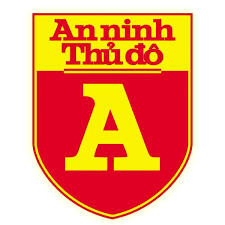






























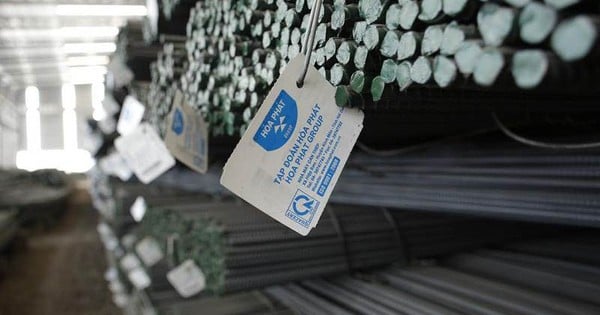

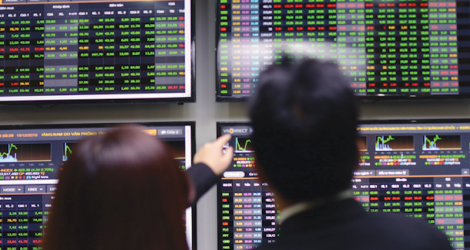
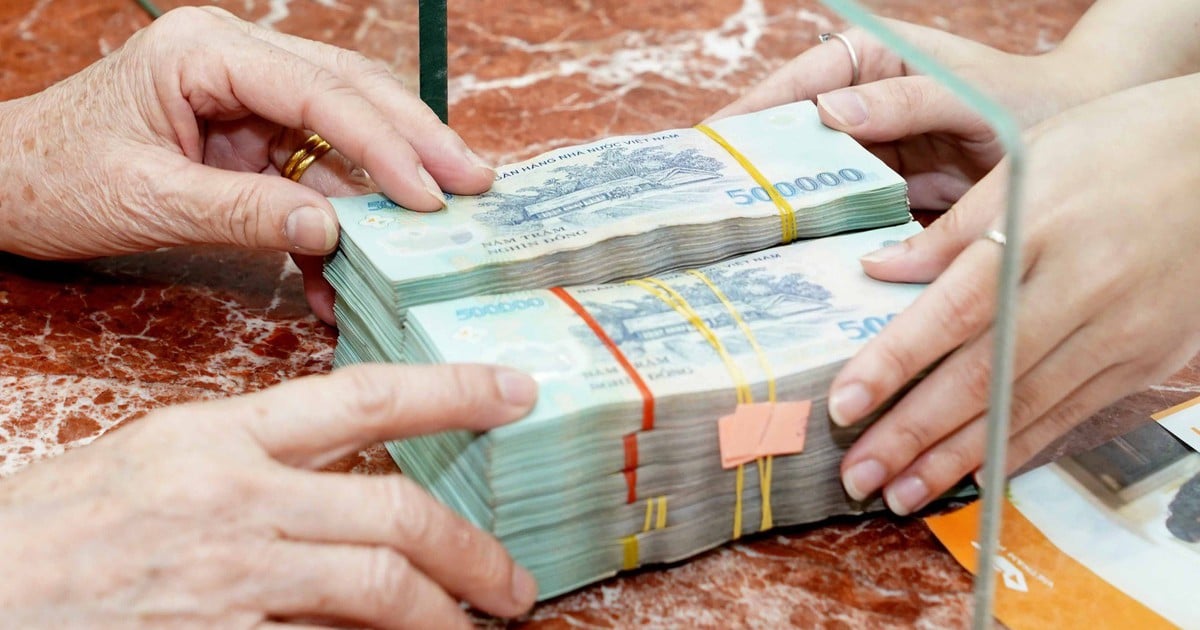

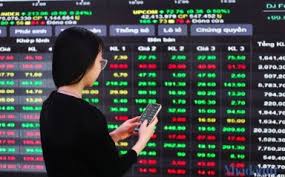
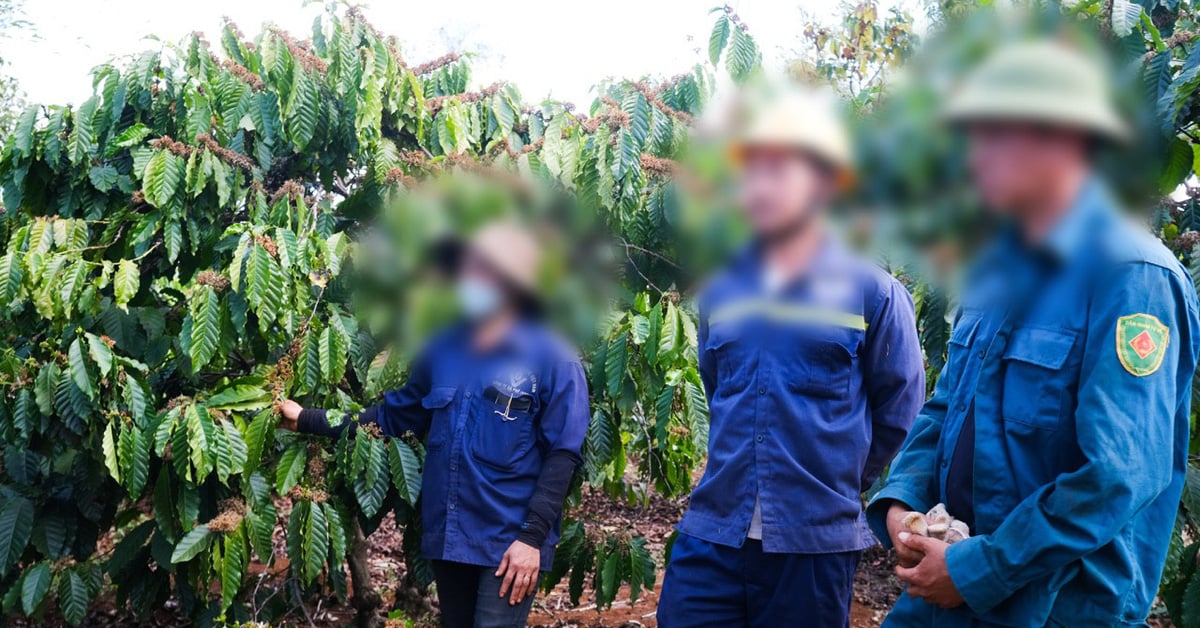

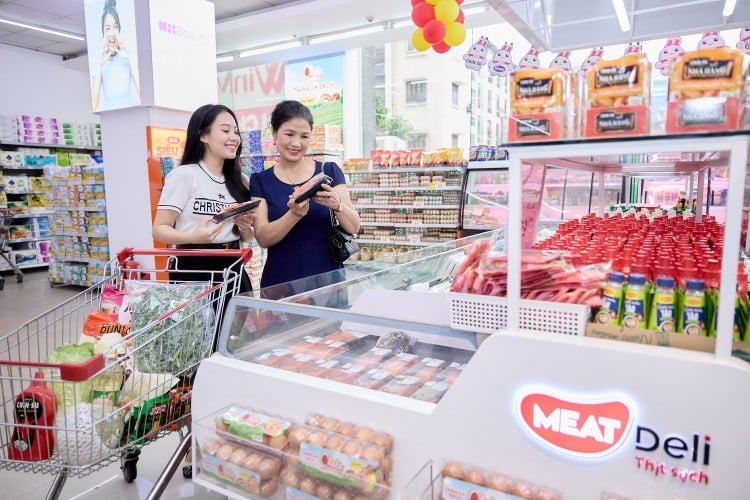
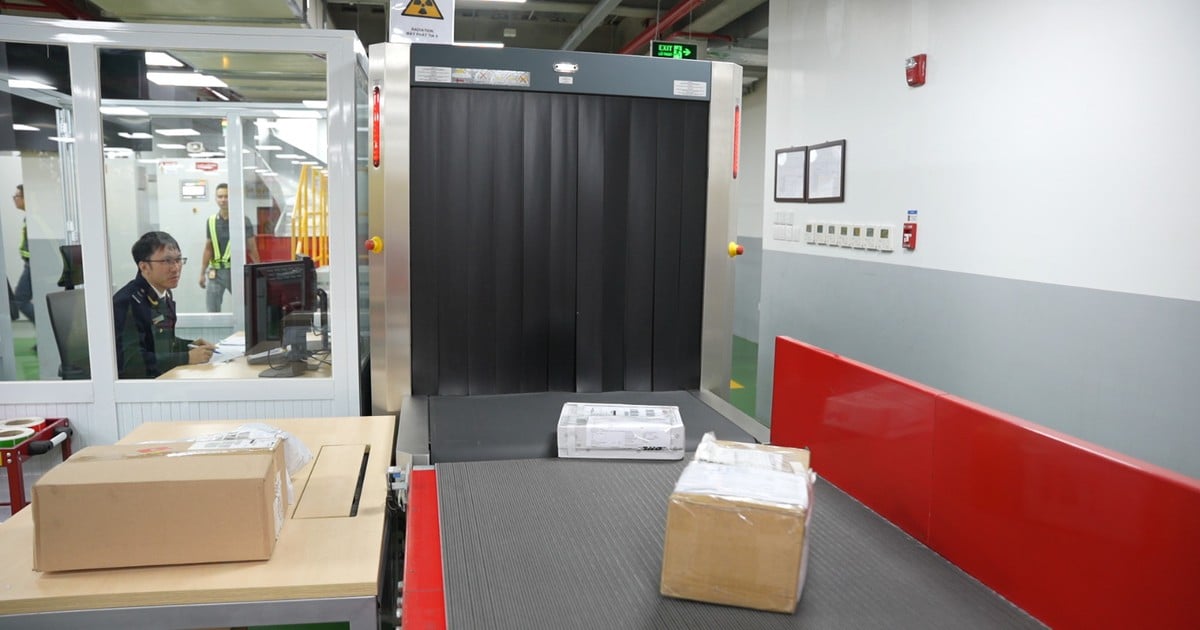
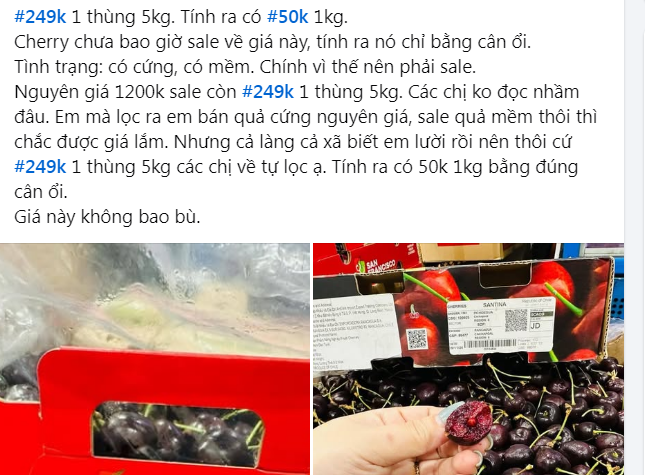
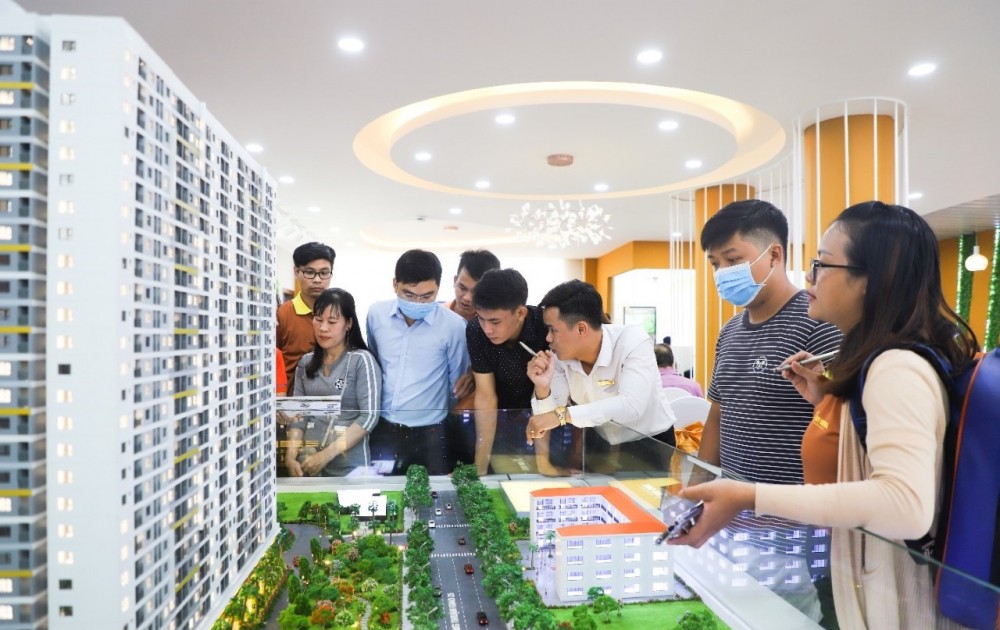
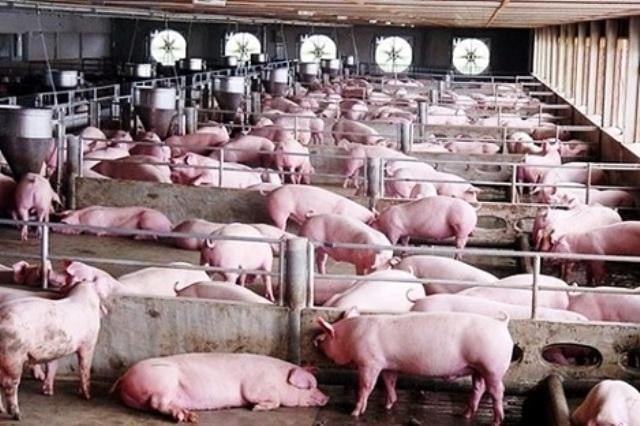
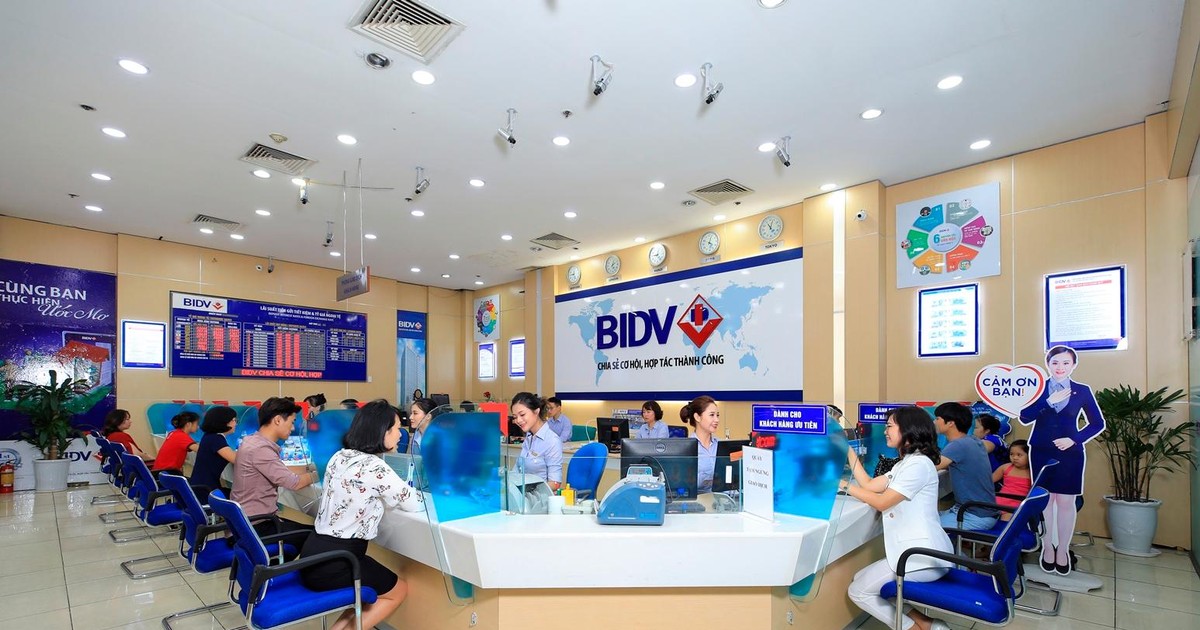













Comment (0)